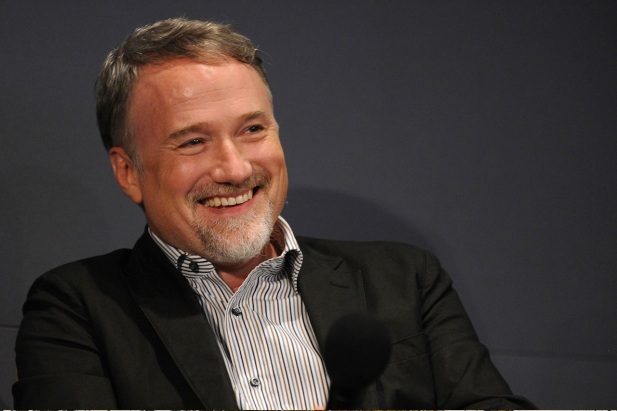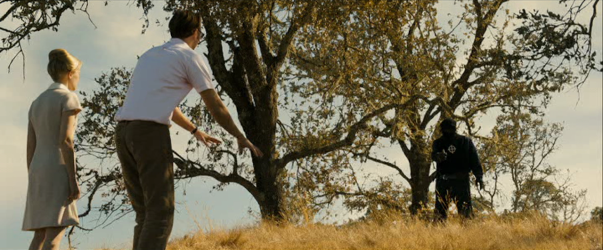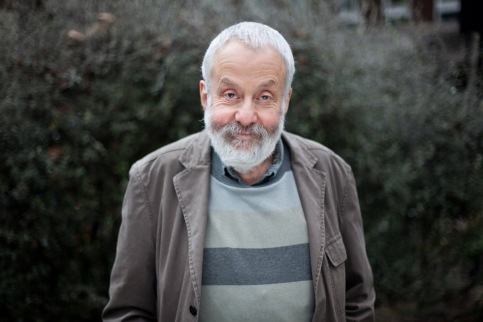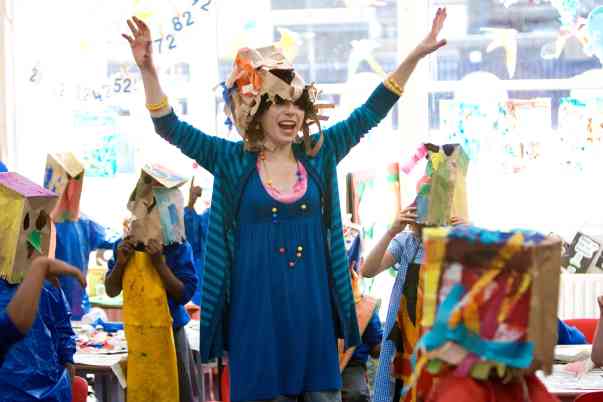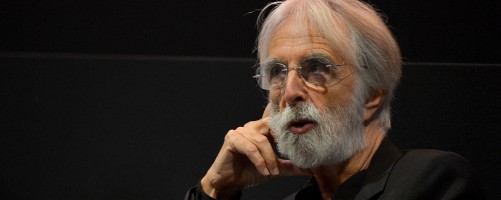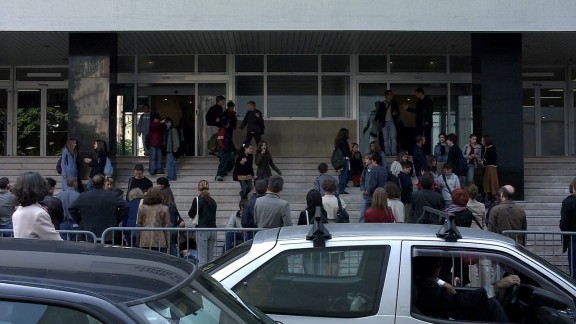
My 10 Favorite Directors Working Today : 10-8
For years, when some asked me who my favorite director working today was I had an answer; Hayao Miyazaki. From probably 2005 on, after I finally dove into the director’s full filmography, Miyazaki was the end all, be all. Dozens of other directors I’d fly a flag for from dawn to dusk, just not any with the intensity as I would the man behind My Neighbor Totoro, Princess Mononoke and Spirited Away.
Then Miyazaki retired. Sure, he’s sort of done this a couple of times, but the fact is with 2013’s The Wind Rises it seems truer than ever. A good friend of mine knew this and then asked, “Who’s number one now?” I’ve kind of been tossing that around my brain since. It’s a ridiculous, arbitrary notion to have a favorite. Then again, it isn’t. I have a favorite movie, band, television show and the like. Why wouldn’t I have a favorite director?
So, I decided to dig down and not just pick a favorite, but a top ten. Ten filmmakers that are pillars of what I care about in cinema today. Directors that make a picture and I immediately get antsy, excited and begin counting the days. This isn’t a definitive list of the Top 10 Living Directors. A lot of the judgment here is upon – fairly – recent work. As such, for someone like Spielberg I don’t really take something like Jaws to heart when I notice his latest is coming out. Additionally, there’s the Lynch factor. A new Lynch film would easily be my most anticipated film of any given year. However, he also hasn’t made a feature in nearly a decade, and only two in the past seventeen-years. So…no Lynch. It’s too hard and strange to compare a rarity like Lynch to a constant in the vein of Almodovar or even Cuaron.
Oddly enough, it wasn’t hard to make a short-list for this. It was narrowing that down to ten that nearly gave me an ulcer. So, here it goes.
10. David Fincher
Notable Filmography – Gone Girl, Fight Club, Se7en, The Social Network, The Girl With the Dragon Tattoo, The Curious Case of Benjamin Button
Personal Favorite – Zodiac
Even though he doesn’t write his films, Fincher gets one thing about dramas most filmmakers don’t’; they can be funny. Even his most gruesome pictures tend to be rooted in some level of dark comedy. This gives his work a tenor that is radical to most things pumped out by Hollywood these days. That the man has crafted a handful of serial killer movies and not only made them distinctly different but amusing is a wondrous, ridiculous feat.
As far as directors working with major movie stars and significant budgets, Fincher probably tops them all right now. His pictures have a pace and rhythm that make them supremely re-watchable. Zodiac is hypnotic, a nearly three-hour trip down the investigation and obsessions of the infamous “Zodiac” killer of the late 60s, early 70s that ends with no resolution, just as it did in real life. Fincher knows when to slowly elevate suspense (the daytime murder in Zodiac), let the characters verbally tear into one another (the break-up of The Social Network) or go thoroughly bonkers (the bedroom scene of Gone Girl).
The only thing keeping him from ranking higher is the sneaky truth that he’s always hit and then miss, even if the misses are slight. Fight Club is great, Panic Room is fine. The Social Network is masterful. The Girl With the Dragon Tattoo is alright. While he has no outright duds since his debut with Alien3, he somehow hasn’t made two great films in a row. Still, he has a handful of practically perfect pictures to his name so far and he just hit 50.
9. Mike Leigh
Notable Filmography – Secrets & Lies, Topsy-Turvy, Mr. Turner, Another Year, Vera Drake, Naked
Personal Favorite – Happy-Go-Lucky
The master of the modern kitchen-sink drama, Mike Leigh makes small movies that feel huge via tightly established characters, stunningly assembled ensembles and an ear for humanity like few others in recent decades. Another Year delves into a married couple and those closest to them, and within two hours, they feel like family. Naked focuses on a bitter mess of a man, spiteful to a world he’s convinced he’s superior to. In this, Leigh steps back and still makes him a human. Secrets & Lies deals with high emotions, race, class and regret, doing so with an elegance that belies it’s rather humble stagings.
Of course, Leigh can paint larger. Sure, he’s not one to go for an action epic, nor would that fit his nature. Topsy-Turvy shows an eye for the musical and lavish looks, as Mr. Turner is lushly drawn and tells a tale over a lengthy swathe of time without losing those at the center of his story. Many filmmakers struggle with period pieces or yarns of those in the lower class. Leigh never has, knowing that the way in is via the people inhabiting the pictures.
It’s Happy-Go-Lucky that warms my heart the most. A yarn so basic and free or dramatic stakes that it could almost be viewed as a small bit of whimsy. Sally Hawkins portrays a supremely nice woman, content with her life and joyous to the extent it can put some off. We spend a little time with her day-to-day interactions with the world, look at her askew and through that end up loving the character’s genuine kindness.
8. Michael Haneke
Notable Filmography – Amour, The White Ribbon, Funny Games, Code Unknown, Time of the Wolf, The Piano Teacher
Personal Favorite – Cache
There’s a bluntness to Michael Haneke’s movies that make them supremely scary and unnerving. This is true when he wants to creep you out, as he did in Time of the Wolf when a child is standing alone in a field with nothing but a torch and in the distance a second source of light suddenly appears. It’s equally relevant when he’s pointing out the limits of humanity, be it our nature to rationalize our faults (Code Unknown) or the physical limitations that inevitably arrive with age (Amour).
Since moving away from a seeming obsession with how people related to their cinema and media (Benny’s Video, Funny Games), Haneke has nicely dug into the harsher truths of mankind’s psyche. The White Ribbon delved into how the past is shaped and thus shapes the future, with The Piano Teacher lingering on the oddities and obsessions of sex and love. Some would argue that his films are too morose and compelled by the worst in people. I tend to view him more as a director concerned with how the individual, in addition to the masses, confront the harshest, most shocking moments of their life.
Cache covers this stunningly, as Haneke’s camera continually blurs the lines between what we’re watching. An opening appears to be a lengthy, static shot of a Parisian residence. We wait for the movement and the actors to arrive, only to find they too are watching the scene unfurl for it was their own home being recorded. Unease bubbles, fingers are pointed as characters are confronted with their own mistakes. The tension grows from an uneasy empathy.My
